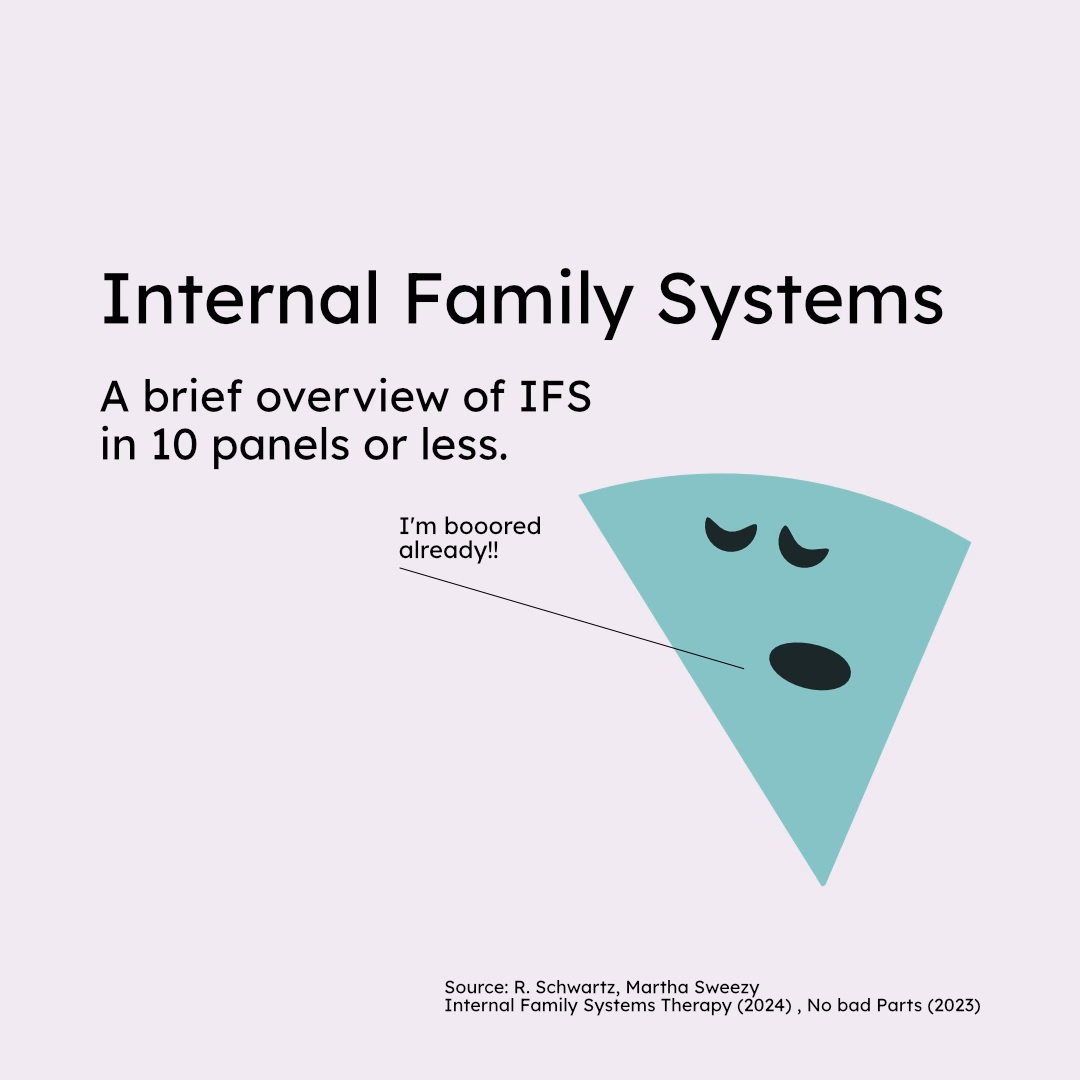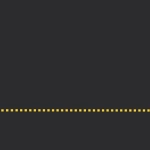Existential concerns are deeply significant areas of human enquiry. They relate to the core of human existence and they can form the basis of much avoidance, fear and anxiety.
They can also be important catalysts for growth, as they make us face repressed anxiety and facilitate our living with renewed enthusiasm and meaning.
Irvin Yalom is an existential therapist who has written in depth and reflected in the clinical application to four of these existential concerns, what he also called “givens of existence”: that we will die, that we are born and will die ultimately alone, that life has no inherent meaning and that we are the author of our lives by making our choices.

Yalom was inspired in the existentialist tradition where authors such as Heidegger, Fromm, and Kierkegaard had reflected on before him. And of course, the philosophical roots of such ultimate concerns go deep: to stoics, epicureans and Eastern philosophers.
In this article I will review these four ultimate existential concerns based on the work of Yalom and others who reflected on them before him. The aim is to explore how they emerge in us, how they shape us, challenge us, and ultimately offer ground for growth.
Dying
We will die. This is something we all know, or think we know.
Except much of human endeavour is about conveniently putting this fact aside, or coming up with elaborate fabrications to avoid facing it.
Immortality is one of those fabrications. If there is an afterlife, there’s not as much reason to fear death. Combined with gods as rescuers, we can avoid seeing death for what it is (the end of our existence) and avoid death anxiety.
Epicureans rejected this path. They denied the existence of both gods and afterlife and instead urged us to face the reality of death. Epicurus said “a right understanding of death makes the mortality of life enjoyable because it takes away the craving for immortality”.
Stoics were similar to Epicureans. A core tenet of their philosophy is equanimity, and they also encouraged people to accept death as natural and inevitable, allowing people to place emphasis on what ‘they could control’.
A good quote to sum up Stoic’s approach to death comes from Epictetus “I cannot escape death, but at least I can escape the fear of it.” Again, we recognise the idea that death anxiety is the real problem and that freeing ourselves from it is a net positive.
Another great (even if controversial) philosopher who grappled with death is Heidegger.
Heidegger spoke of Being-towards-death as a fundamental element of authentic living. To use the awareness and preparation for death as a way to unlock Being (with a capital B). He essentially wondered, what can death do for our existence.
You could argue that while Stoics and Epicureans were saying “well don’t waste your energy in that”, Heidegger went further: death is not just a physical event, but a fundamental state of being and has the power to energise and elevate our everyday living.
Yalom reflected on death anxiety and the two opposing ways in which people may cope with it.
Either “specialness” – where we think we’re too young, too healthy, too strong to die or get ill.
Or “fusion with a rescuer” – where we think of God, a parent or a stronger partner to feel protected from it.
Life finds a way to take these protections away, often before it’s our actual time to die. This is why the grief of a parent or partner can feel so existential. Equally, terminal illness, a brush with death or aging. It is at these times where people may have to fear their death anxiety, and if this is for the first time, it can be quite explosive as the person hasn’t built their inner resources for this contemplation.
As Yalom shows through clinical examples in Love Executioner, death anxiety rarely shows up bare. It often comes disguised somatically (migraines, pain) or through neurotic tendencies for control, health anxiety, panic, narcissistic need for legacy.
I cannot escape death, but at least I can escape the fear of it.
Epitectus
Aloneness
It takes some brave thinking to realise that we are born alone and die alone.
We inhabit our bodies as an isolated person. Our consciousness is also unique, isolated to us. Even as we live surrounded with family, friends and a wider community, our experience of life, our sensations, our thoughts occur to us only. We can’t share but an abstracted replica of them. When we die, only we will experience the moment-to-moment of our death.
As with death, humans can come up with a multitude of ways of denying this fact. Everyday romantic love, either the intoxicating idealism of Hollywood romance or the weary one we know from co-dependent long marriages have in common a desire of ‘fusion with’ with another person to prevent our self-awareness from emerging.
Acceptance of aloneness is the starting point to live a dialectic that Sartre called Being-for-ourselves and Being-for-others. He believed that authentic, free living came from finding a balance between being self-absorbed (too much being-for-ourselves) and self-betraying (giving up our own lives to avoid the anxiety of running ours).
As with death, accepting this fact frees us, in this case to have good relationships with others, avoiding co-dependency and manipulative, inauthentic interactions with others.
Making decisions
We are condemned to be free, said Sartre.
What this means in practical terms is that we have an overwhelming amount of choices to make, and we have to necessarily live with them.
It’s actually quite useful to reflect that “deciding” means “to cut” in Latin. Whatever we decide to do means both trade-offs with things we can’t do instead, and the responsibility that comes with that choice.
To buy a house means both that we don’t have access to our savings (the trade off) and that we have to pay the mortgage or sell the house (the responsibilities). But if we don’t buy, we don’t own our house and live at the mercy of a landlord (the trade-off) and have to pay ever-increasing rent beyond our retirement age (the responsibility). So which one makes us free? Neither and both. That’s the conundrum.
This is why freedom is so scary, as Eric Fromm explored in Fear of Freedom. And why many people would give up their freedom to a totalitarian state.
Or why people engage in what Sartre called “bad faith”. Bad faith is the act of (unconscious) lying to oneself to avoid the anxiety of freedom, like blaming circumstances or others for choices we avoid making. I have written in more depth about Sartrean freedom here.
In Transactional Analysis a good example of this bad faith is the game “if it wasn’t for you”.
This is the concern with most immediate clinical significance, as everyone has to make choices constantly, has to bear the consequences of past choices and equally struggles with both difficulties in everyday life.
Yalom has this beautiful way to put it: ‘the first step in all therapeutic change is responsibility assumption from the client for their predicament’.
So first and foremost the therapist has to find a way to kindly allow the person to see the role they have played in their situation. To instill a wish to change. And as a second step, to make the decisions (to cut from the options) to try to get what they want, or face the difficult feelings of not getting it.
The first step in all therapeutic change is responsibility assumption from the client for their predicament.
Irvin Yalom
Finding meaning
Decisions become easier with a purpose to give meaning to our lives.
The trouble is, life doesn’t come with inherent meaning. Which is why again people have fabricated religions (from Christianity to Communism) or embraced well-travelled paths (family life, suburban living, work achievements) to distract themselves from the absolute lack of meaning inherent in human existence. And to kill two birds with one stone, to lessen the quantity and weight of our choices.
Yalom proposes that ‘meaning comes as a by-product of engagement and commitment – not that engagement provides a rational answer to the question of meaning, but it makes the question not to matter’.
Hence meaning is perhaps not something that we sit in a park to ponder and obtain through our thoughts, but that we achieve in practice through the commitment to our choices and the consequences of our actions.
Clinically, we can help people reflect on the values, what they care about, what world they want to leave behind. Values can be fantastic guides for action, and it is through value-oriented action that meaning can emerge. Or as Yalom suggests, stop mattering.
Engagement and commitment don’t provide a rational answer to the question of meaning, but it makes the question not to matter.
Irvin Yalom
References
Yalom, I. D. (1989). Love’s Executioner and Other Tales of Psychotherapy. New York: Basic Books.
Fromm, E. (1941). The Fear of Freedom. New York: Farrar & Rinehart.
Sartre, J.-P. (1956). Being and Nothingness (H. Barnes, Trans.). New York: Philosophical Library. (Original work published 1943)
Bakewell, S. (2016). At the Existentialist Café: Freedom, Being, and Apricot Cocktails. London: Chatto & Windus.






